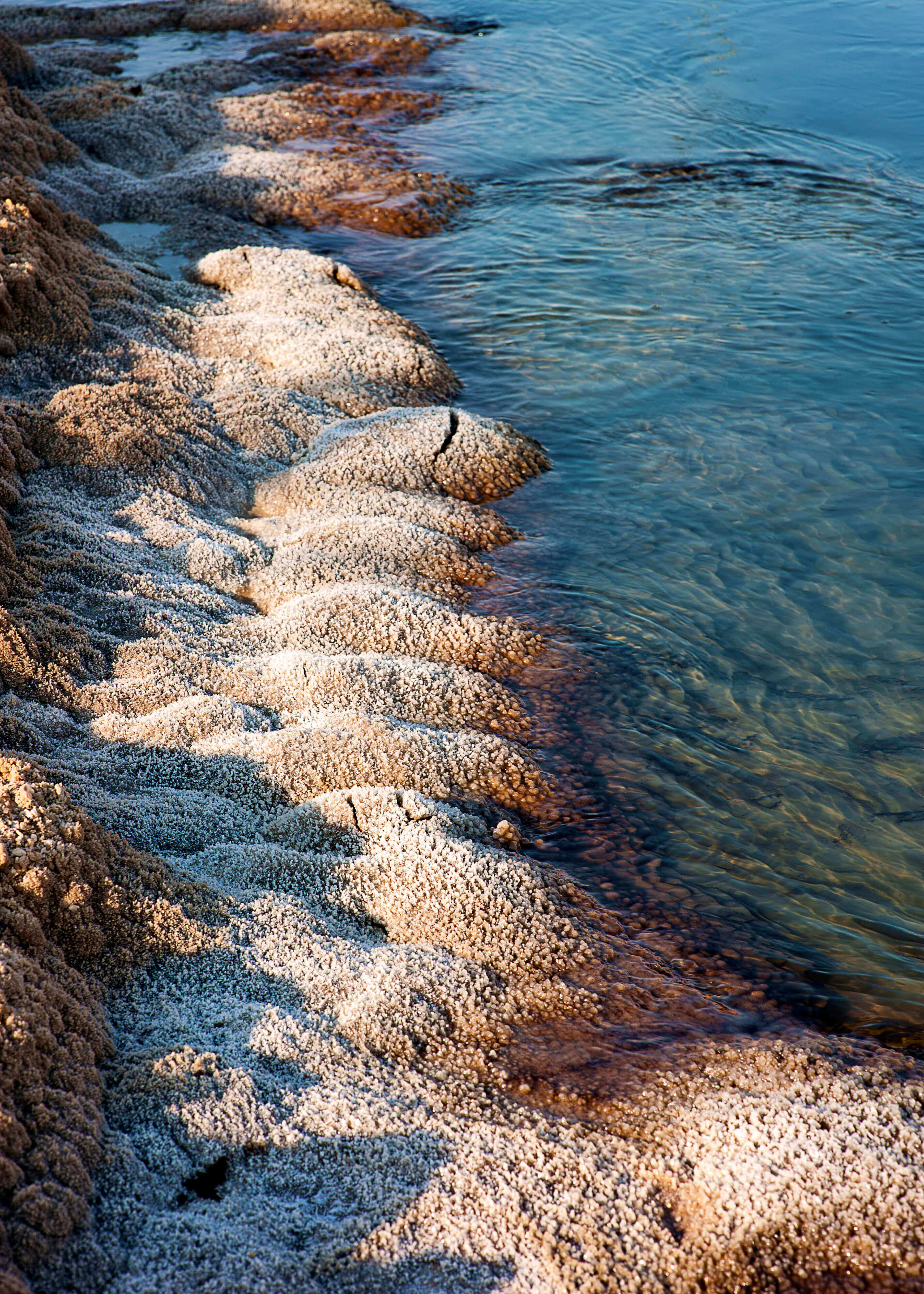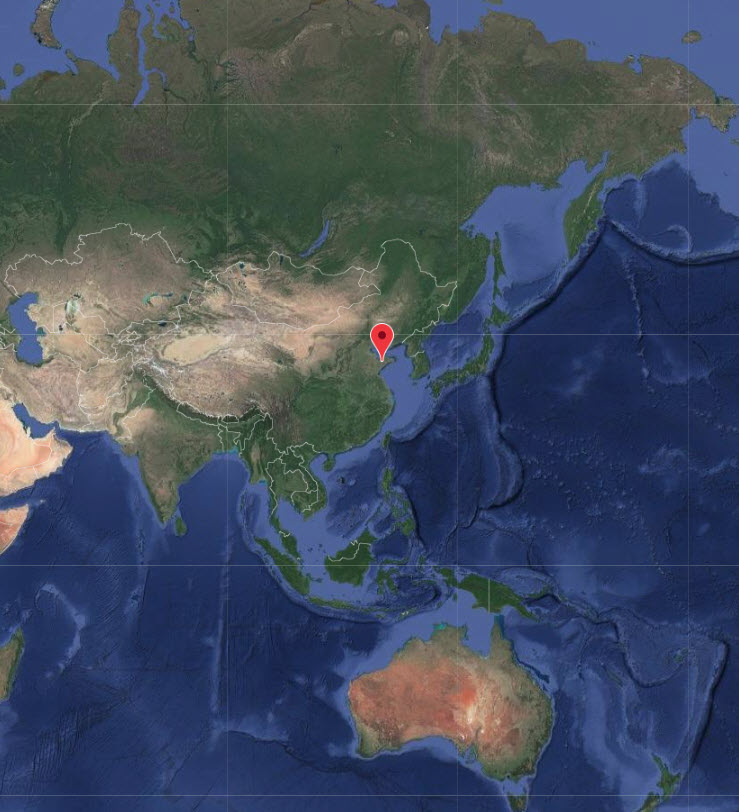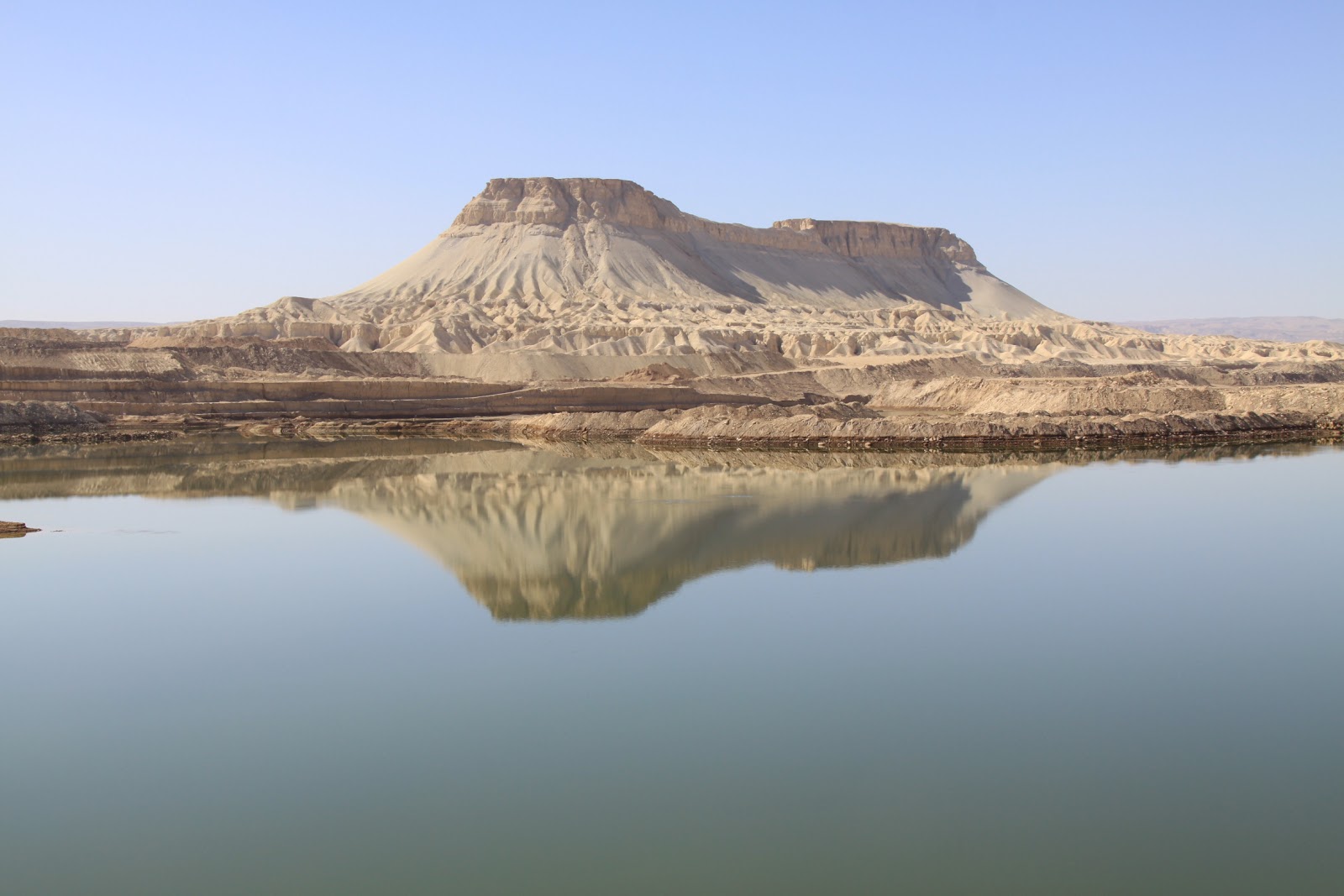Water & Wastewater
ICL regards water as a high-value natural resource. Many ICL facilities are located in water-stressed regions, and the company is aware of the need to treat this high-value natural resource with care. Water conservation is, therefore, a prominent element of our business culture. ICL production facilities maintain various water conservation projects, from using brackish water to recycling wastewater. \
Water is the most widely consumed natural resource and the single most essential foundation of our existence. Clean, safe drinking water is scarce. Less than one percent of the water on earth is available for human consumption.
ICL achieved a decrease of 2.5 million m³ in total water consumption in 2017. We recorded a slight increase in freshwater consumption but a decrease in non-potable water consumption.
Several of our major production sites are located in water-stressed regions. Water conservation is, therefore, an inherent part of our business culture. We continuously strive to decrease our use of water, especially potable water. Where possible, our production sites use brackish water for production processes or other water not suitable as potable water.
We expect our water consumption to increase somewhat in the next few years, as major production facilities place new air emission filters and scrubbers that require water as part of their standard operation.
Note: In the charts below, 2008 appears as the base year used by ICL to measure our long-term performance (in addition to short-term, year by year performance).
Potable water consumption Including grid/tap water and potable well water
Non-Potable water consumption Including: brine, brackish water, sea water, river water and rainwater
Note: All figures exclude annual water withdrawal from the Dead Sea, which is regarded as raw material. For more details on the Dead Sea click here.
Though we try to use non-potable water wherever possible, we increased our potable water consumption by 1.1 million m³, or 6%, in 2017. The increase was due to lack of availability of brackish well water at ICL Rotem (Israel), requiring the increased usage of potable water. This issue was also the main reason for the decrease in our non-potable water consumption by about 3.6 million m³, or 7%, in 2017.
Water consumption per tonne phosphate
Water consumption per tonne Potash
Wastewater
We take various steps to reduce wastewater and try to maximize reuse and recycling. Notwithstanding these efforts, we recorded an 8.7% increase in the amount of wastewater in 2017 compared to 2016 due to an increase in runoff (rainwater) measured and released into the sea at ICL UK. The inclusion of YPH JV in 2016 in our scope of reporting did not create major fluctuations in our wastewater quantities due to its “zero discharge” policy.
Wastewater discharge
- ICL Rotem is implementing a master plan for treating waste with the principal goal of reducing effluent quantities, transforming a portion of effluents into products, recycling wastewater, reducing water consumption, treating wastewater and neutralizing and restoring wastewater reservoirs.
- At our ICL Bromine Compounds plant, we treat sanitary effluents on site. The treated wastewater flows as an input fluid and is used in our cooling towers. In addition, we have constructed a facility to treat industrial wastewater.
- In Europe, we have established systems to ensure that we comply with emission limits. Wastewater is partly pretreated and sent to municipalities and third parties for final treatment prior to their discharge. In Spain, we have launched a multi‑year program to restore salt deposits, while paying close attention to the issue of wastewater drainage and sludge treatment.
Zero Discharge @ YPH JV
Since 2009, YPH has conducted a major project designed to eliminate all wastewater output. This “zero discharge” project has been achieved via cascade and grade utilization, recycling collection, reuse systems and other actions. Despite the addition of ICL China YPH JV- to our reporting scope in 2016, total ICL wastewater amounts have remained almost the same in 2016-2017 compared with 2015. This has also enabled a significant decrease in wastewater intensity resulting from phosphate production.

wastewater per product







